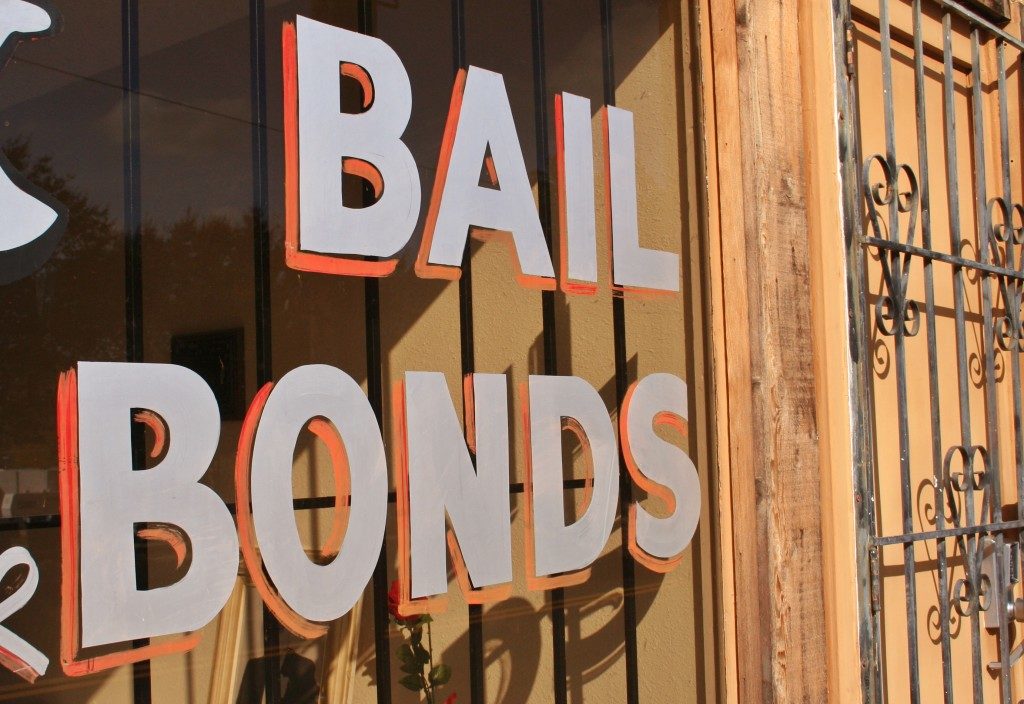Whenever children are asked about what professional title they wish to have when they grow up, answers are usually consistent and similar. Doctors, nurses, teachers, chefs, lawyers, police officers—these titles are often echoed in groups. However, there are many occupations available in the corporate world, with hundreds of thousands of specialties and subspecialties for varying fields of expertise. It’s therefore not surprising that even adults appear to be unaware of many types of work.
A particular example is a bail bondsman. Statistics show that in the United States alone, an estimate of 15,000 bail bondsmen is presently employed. The industry of bail bonds is also very lucrative with numerous opportunities for individuals interested in specializing in this area. A reputed business website reports that almost $14 billion of bond turnover is made in the U.S. every year.
Bail Bondsman
Bail bondsmen are classified under the title of a bail agent. However, they should not be confused with bounty hunters as the two titles have differing sets of the job description. Accordingly, bail bondsmen are responsible for providing funds needed for releasing a criminal offender before his or her court trial. To do this, they prepare a binding contract and ask for the involvement of a co-signer or assurance of property collateral to ensure that each transaction is secure. Bounty hunters, on the other hand, are responsible for tracking down fugitive defendants and arresting them before trial schedules so they will be compelled to attend.
Education and Licensure Requirements
To become a bail bondsman, you are required to be of legal age with a high school diploma or other vocational equivalents. You must also be financially capable of providing the necessary funds and obtaining surety bonds.
Before you can start practicing, you must accomplish a prerequisite program and pass the national licensure exam for bail bond agents. In the U.S., this test comprises of 60 multiple-choice and 10 survey questions. The required score for passing this test is 70%.
After obtaining your license, you can now submit an application that involves fingerprinting and authorizing checks. You will then be eligible to acquire a surety bond.
How to Start a Bail Agency

Firstly, you need to establish an office by securing a commercial space. A good strategy is to select a location near courthouses. It’s also advisable that you operate for 24 hours as your prospect customers may need your services at any time of the day. In addition, experts suggest that you create an online platform such as a website or social media page. This is proven by many agencies to be effective in enhancing the efficiency of operations. For instance, in Salt Lake City, Utah, many bail companies utilize online platforms where virtual forms are available so it will be easier for the customers to submit their bail applications and for the agency to receive and respond to the requests.
It’s vital to develop a database system with essential information such as the names of the defendants, court dates, details of property collaterals, and parties responsible for the repayment. If you wish to enter this industry, it’s important to educate yourself with the requirements fully.






